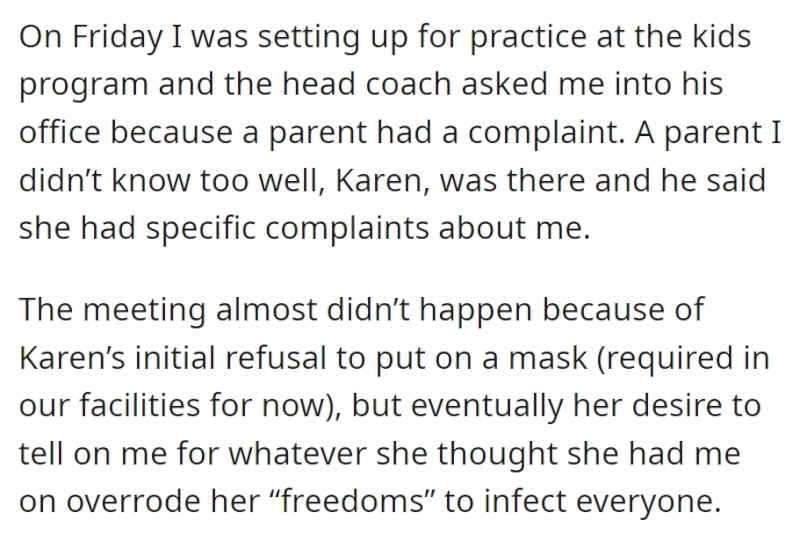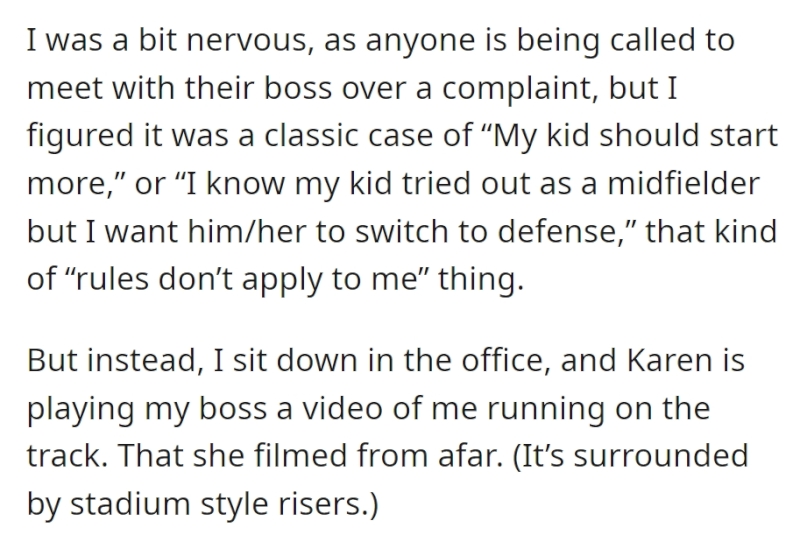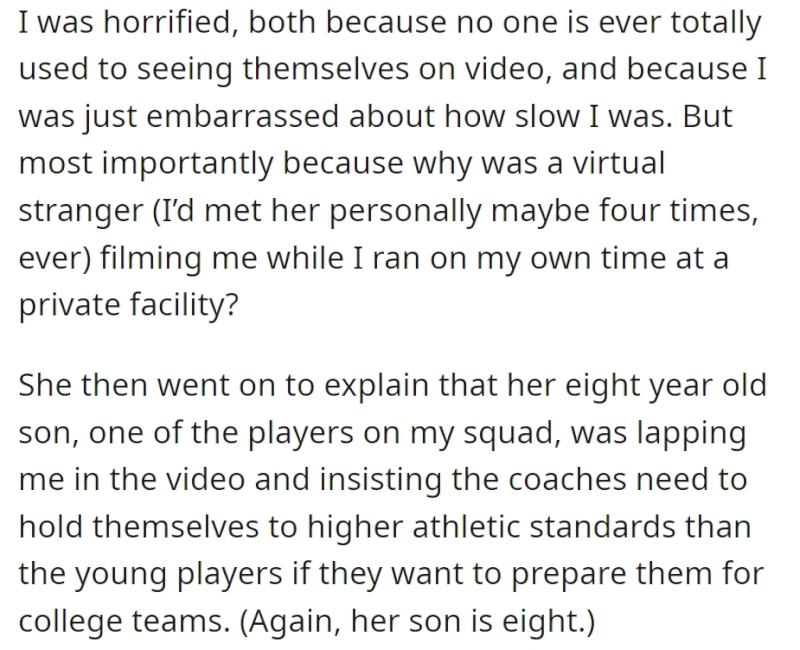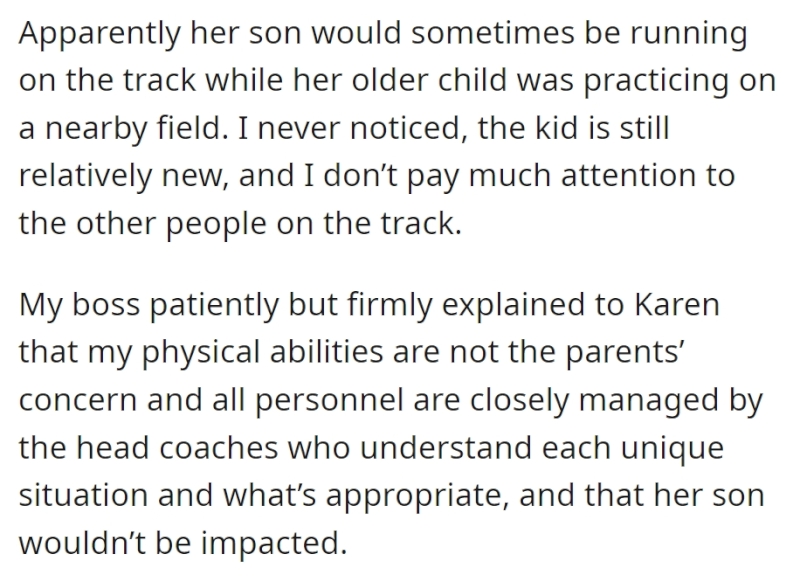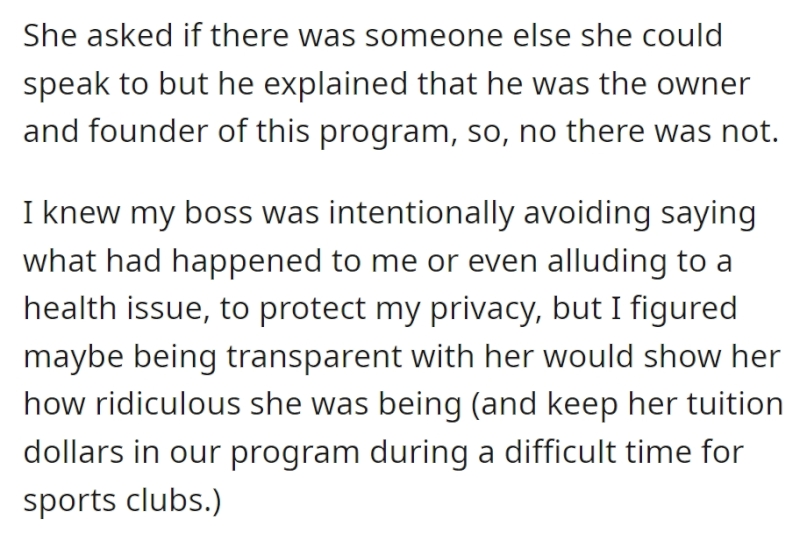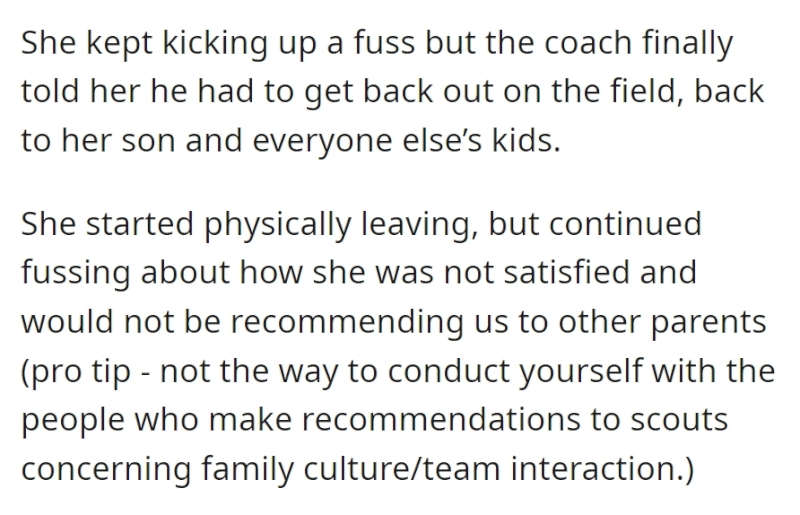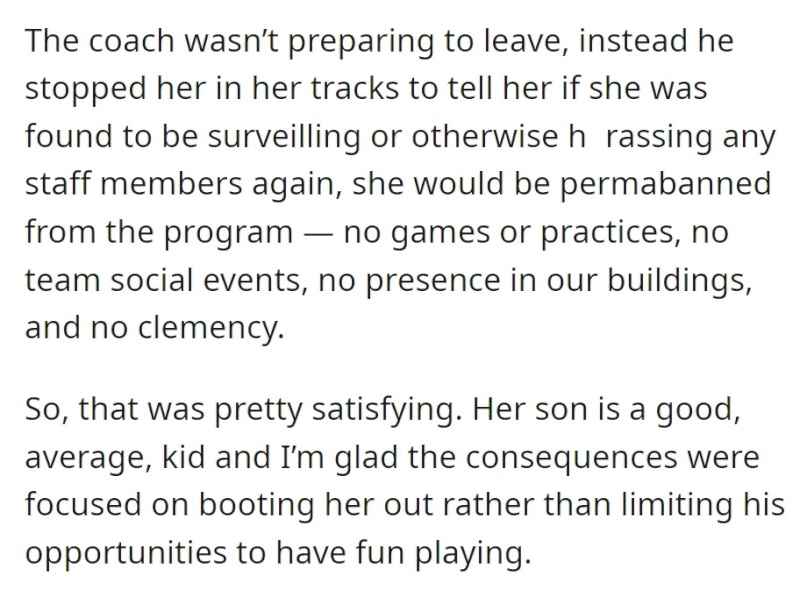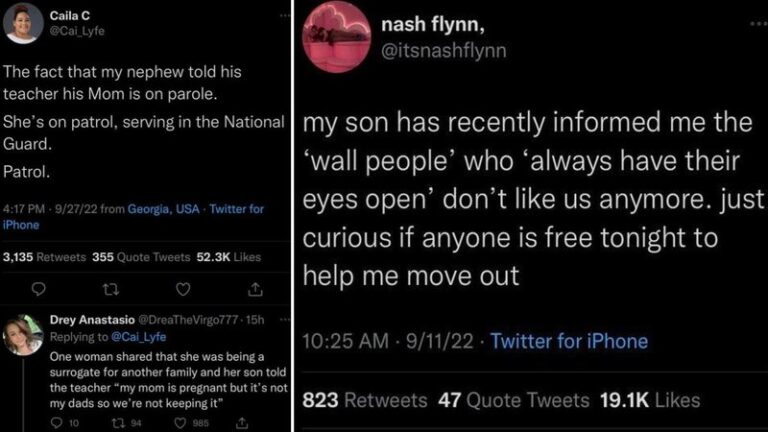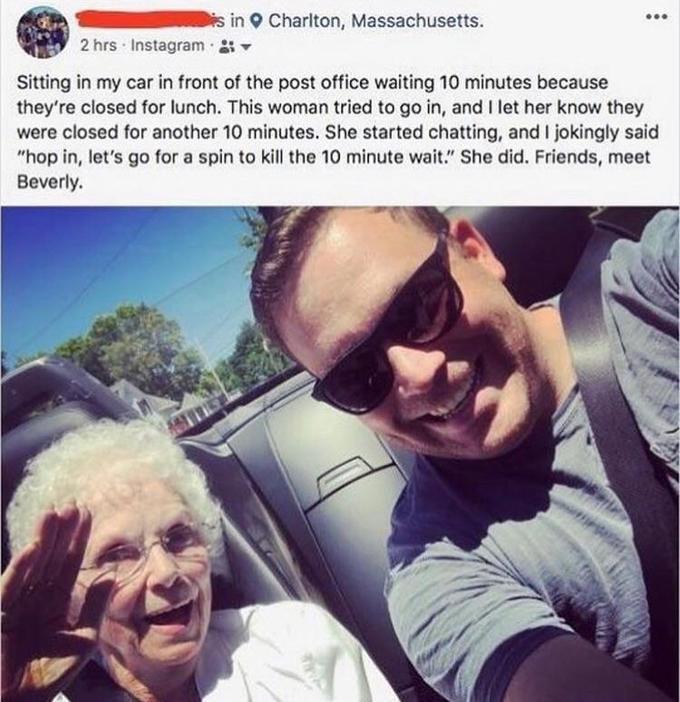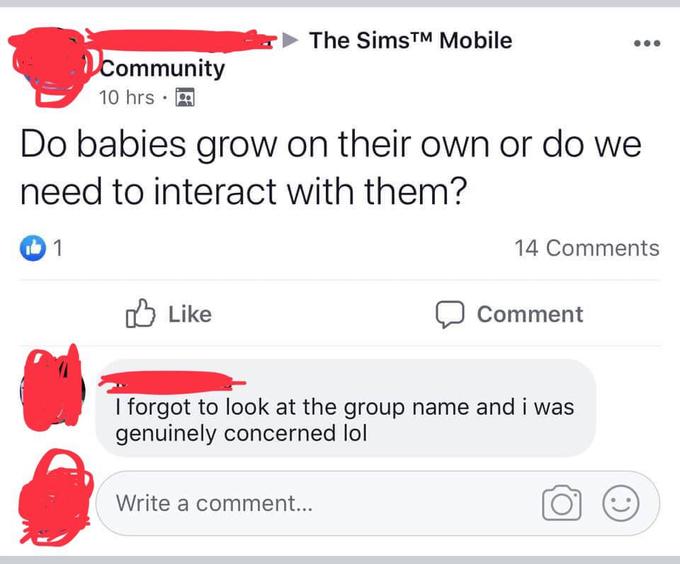Relationships often come with their share of challenges, and in this case, we explore a situation where a newly-engaged couple faces differing views on career choices and financial independence. Let’s break down the story and examine the perspectives of both parties involved.
The protagonist (OP) is engaged to Emma, a talented and organized marketing professional. OP, a researcher in a tech firm, is neurodivergent and values Emma’s support, particularly in areas where he struggles, such as organization. They have a balanced relationship, and both partners are financially stable.

Before their engagement, the couple discussed their finances and decided to split expenses proportionally based on their respective incomes. This arrangement aimed to ensure fairness while considering their financial circumstances.

The issue arises when Emma requests to quit her job and become a stay-at-home fiancée. She justifies this decision by stating her intention to plan their upcoming wedding meticulously. OP is taken aback by the proposal and questions its validity, prompting a significant argument.

Emma’s desire to quit her job at a young age and become a stay-at-home fiancée raises concerns for OP. He believes that her career independence is valuable and emphasizes the importance of maintaining it, especially given their current financial stability and the absence of immediate plans for children.

The couple’s disagreement highlights contrasting perspectives on the role of career and financial independence within their relationship. Emma sees their partnership as a team where financial contributions are unnecessary, while OP values financial security and independence for both individuals.

The conflict revolves around whether it’s reasonable for Emma to leave her job to plan their wedding, especially when they can comfortably afford her to stay at home. Emma’s desire for a non-traditional role as a stay-at-home fiancée may have triggered the dispute.

Ultimately, resolving this issue may require open communication, compromise, and understanding each other’s viewpoints. It’s essential for the couple to have a candid discussion about their long-term goals and expectations regarding financial roles within their relationship, with the aim of finding a solution that works for both of them.
 OP and their husband co-own a beautiful beachfront vacation home, a cherished sanctuary for them both. Over the years, they’ve welcomed OP’s in-laws as occasional guests, who’ve made modest financial contributions toward the property’s maintenance.
However, an unexpected twist occurs when OP’s in-laws decide to sell their own house and, without prior discussion, announce their plan to move into the vacation home for a whopping six months. They justify this decision by suggesting that they need time to “figure things out” following the sale of their house.
OP and their husband co-own a beautiful beachfront vacation home, a cherished sanctuary for them both. Over the years, they’ve welcomed OP’s in-laws as occasional guests, who’ve made modest financial contributions toward the property’s maintenance.
However, an unexpected twist occurs when OP’s in-laws decide to sell their own house and, without prior discussion, announce their plan to move into the vacation home for a whopping six months. They justify this decision by suggesting that they need time to “figure things out” following the sale of their house.
 OP is understandably shocked and resistant to the idea. They cherish the vacation home as a personal sanctuary, frequently using it for relaxation, hosting friends and family, and generating income through rentals during peak seasons. Moreover, the in-laws haven’t been actively involved in property management and have only made minimal financial contributions.
OP is understandably shocked and resistant to the idea. They cherish the vacation home as a personal sanctuary, frequently using it for relaxation, hosting friends and family, and generating income through rentals during peak seasons. Moreover, the in-laws haven’t been actively involved in property management and have only made minimal financial contributions.
 While OP is firmly against this arrangement, their husband is more understanding and sympathetic toward his parents’ situation. He believes they can find a way to accommodate his parents in their time of need.
The heart of the conflict lies in the clash of priorities: OP’s desire to protect their sanctuary and personal space versus their husband’s inclination to support his parents during a difficult period. The in-laws’ sudden announcement and the lack of prior communication intensify the disagreement.
While OP is firmly against this arrangement, their husband is more understanding and sympathetic toward his parents’ situation. He believes they can find a way to accommodate his parents in their time of need.
The heart of the conflict lies in the clash of priorities: OP’s desire to protect their sanctuary and personal space versus their husband’s inclination to support his parents during a difficult period. The in-laws’ sudden announcement and the lack of prior communication intensify the disagreement.
 To resolve this situation, open and respectful communication between OP and their husband is crucial. They must weigh the importance of personal boundaries, financial considerations, and familial obligations. A compromise that respects both parties’ feelings and needs might provide a solution to this challenging dilemma.
A UPDATE ADDED BY OP
To resolve this situation, open and respectful communication between OP and their husband is crucial. They must weigh the importance of personal boundaries, financial considerations, and familial obligations. A compromise that respects both parties’ feelings and needs might provide a solution to this challenging dilemma.
A UPDATE ADDED BY OP




 Before their engagement, the couple discussed their finances and decided to split expenses proportionally based on their respective incomes. This arrangement aimed to ensure fairness while considering their financial circumstances.
Before their engagement, the couple discussed their finances and decided to split expenses proportionally based on their respective incomes. This arrangement aimed to ensure fairness while considering their financial circumstances.
 The issue arises when Emma requests to quit her job and become a stay-at-home fiancée. She justifies this decision by stating her intention to plan their upcoming wedding meticulously. OP is taken aback by the proposal and questions its validity, prompting a significant argument.
The issue arises when Emma requests to quit her job and become a stay-at-home fiancée. She justifies this decision by stating her intention to plan their upcoming wedding meticulously. OP is taken aback by the proposal and questions its validity, prompting a significant argument.
 Emma’s desire to quit her job at a young age and become a stay-at-home fiancée raises concerns for OP. He believes that her career independence is valuable and emphasizes the importance of maintaining it, especially given their current financial stability and the absence of immediate plans for children.
Emma’s desire to quit her job at a young age and become a stay-at-home fiancée raises concerns for OP. He believes that her career independence is valuable and emphasizes the importance of maintaining it, especially given their current financial stability and the absence of immediate plans for children.
 The couple’s disagreement highlights contrasting perspectives on the role of career and financial independence within their relationship. Emma sees their partnership as a team where financial contributions are unnecessary, while OP values financial security and independence for both individuals.
The couple’s disagreement highlights contrasting perspectives on the role of career and financial independence within their relationship. Emma sees their partnership as a team where financial contributions are unnecessary, while OP values financial security and independence for both individuals.
 The conflict revolves around whether it’s reasonable for Emma to leave her job to plan their wedding, especially when they can comfortably afford her to stay at home. Emma’s desire for a non-traditional role as a stay-at-home fiancée may have triggered the dispute.
The conflict revolves around whether it’s reasonable for Emma to leave her job to plan their wedding, especially when they can comfortably afford her to stay at home. Emma’s desire for a non-traditional role as a stay-at-home fiancée may have triggered the dispute.
 Ultimately, resolving this issue may require open communication, compromise, and understanding each other’s viewpoints. It’s essential for the couple to have a candid discussion about their long-term goals and expectations regarding financial roles within their relationship, with the aim of finding a solution that works for both of them.
Ultimately, resolving this issue may require open communication, compromise, and understanding each other’s viewpoints. It’s essential for the couple to have a candid discussion about their long-term goals and expectations regarding financial roles within their relationship, with the aim of finding a solution that works for both of them. 
 Upon winning, the mood in their relationship takes a sharp turn. His girlfriend, who had been loving and relaxed until this point, now insists on splitting the jackpot with her rationale being that the account is in her name. The OP, however, firmly believes that the win rightfully belongs to him, as it was his cash and luck that led to the victory.
The situation escalates as friends from both sides weigh in on the matter. Her friends argue that it’s only fair for her to claim a share of the winnings, while his friends support his claim that he should keep the entire amount. This unexpected conflict over money has left both parties perplexed, especially considering their prior financial arrangement – no joint accounts and no discussions about splitting winnings.
Upon winning, the mood in their relationship takes a sharp turn. His girlfriend, who had been loving and relaxed until this point, now insists on splitting the jackpot with her rationale being that the account is in her name. The OP, however, firmly believes that the win rightfully belongs to him, as it was his cash and luck that led to the victory.
The situation escalates as friends from both sides weigh in on the matter. Her friends argue that it’s only fair for her to claim a share of the winnings, while his friends support his claim that he should keep the entire amount. This unexpected conflict over money has left both parties perplexed, especially considering their prior financial arrangement – no joint accounts and no discussions about splitting winnings.
 The OP emphasizes his intention to marry his girlfriend, showcasing his commitment to the relationship. He further highlights his initial gesture of buying her flowers and treating her to a nice dinner upon discovering the win.
The dilemma raises questions about entitlement, fairness, and the nature of the couple’s financial relationship. Should the winnings be divided, as the girlfriend insists, or does the OP have the right to keep the entire amount?
The OP emphasizes his intention to marry his girlfriend, showcasing his commitment to the relationship. He further highlights his initial gesture of buying her flowers and treating her to a nice dinner upon discovering the win.
The dilemma raises questions about entitlement, fairness, and the nature of the couple’s financial relationship. Should the winnings be divided, as the girlfriend insists, or does the OP have the right to keep the entire amount?
 Ultimately, the resolution of this issue may require open and honest communication, compromise, and a shared understanding of what’s fair in their relationship moving forward. The outcome could potentially impact their future together, so careful consideration is essential.
Ultimately, the resolution of this issue may require open and honest communication, compromise, and a shared understanding of what’s fair in their relationship moving forward. The outcome could potentially impact their future together, so careful consideration is essential.

 The dilemma arises from the protagonist’s previous experiences of buying gifts for his family, only to have them appropriated by his brother’s family. The protagonist recounts instances where thoughtful gifts, like a colorful bag or an expensive bottle of bourbon, were taken and used without consideration. As a result, he has shifted his gift-giving focus to experiences such as theater outings and fine dining, which only his parents can enjoy.
The conflict intensifies when his brother questions why the protagonist no longer leaves groceries accessible to the entire household and has stopped buying gifts for the family. The brother argues that, as someone living rent-free, the protagonist should contribute more and share his resources.
In response, the protagonist defends his actions, highlighting his busy schedule, full-time job, volunteer work, and caregiving responsibilities for their grandmother. He believes that his brother’s family should contribute more to the household before expecting shared privileges.
The dilemma arises from the protagonist’s previous experiences of buying gifts for his family, only to have them appropriated by his brother’s family. The protagonist recounts instances where thoughtful gifts, like a colorful bag or an expensive bottle of bourbon, were taken and used without consideration. As a result, he has shifted his gift-giving focus to experiences such as theater outings and fine dining, which only his parents can enjoy.
The conflict intensifies when his brother questions why the protagonist no longer leaves groceries accessible to the entire household and has stopped buying gifts for the family. The brother argues that, as someone living rent-free, the protagonist should contribute more and share his resources.
In response, the protagonist defends his actions, highlighting his busy schedule, full-time job, volunteer work, and caregiving responsibilities for their grandmother. He believes that his brother’s family should contribute more to the household before expecting shared privileges.
 The disagreement escalates, leading to tension within the family and name-calling. The brother’s wife labels the protagonist as an “asshole” for not sharing treats bought for their parents. The protagonist, however, maintains that he can afford to treat his parents and himself, but not an additional five people who do not contribute financially.
This situation underscores the challenges of navigating living arrangements and family expectations. While the protagonist’s actions may appear selfish to some, others may see his perspective of maintaining boundaries and ensuring fairness in a shared living space. Ultimately, the resolution may depend on open communication and compromise among all family members involved.
The disagreement escalates, leading to tension within the family and name-calling. The brother’s wife labels the protagonist as an “asshole” for not sharing treats bought for their parents. The protagonist, however, maintains that he can afford to treat his parents and himself, but not an additional five people who do not contribute financially.
This situation underscores the challenges of navigating living arrangements and family expectations. While the protagonist’s actions may appear selfish to some, others may see his perspective of maintaining boundaries and ensuring fairness in a shared living space. Ultimately, the resolution may depend on open communication and compromise among all family members involved.









